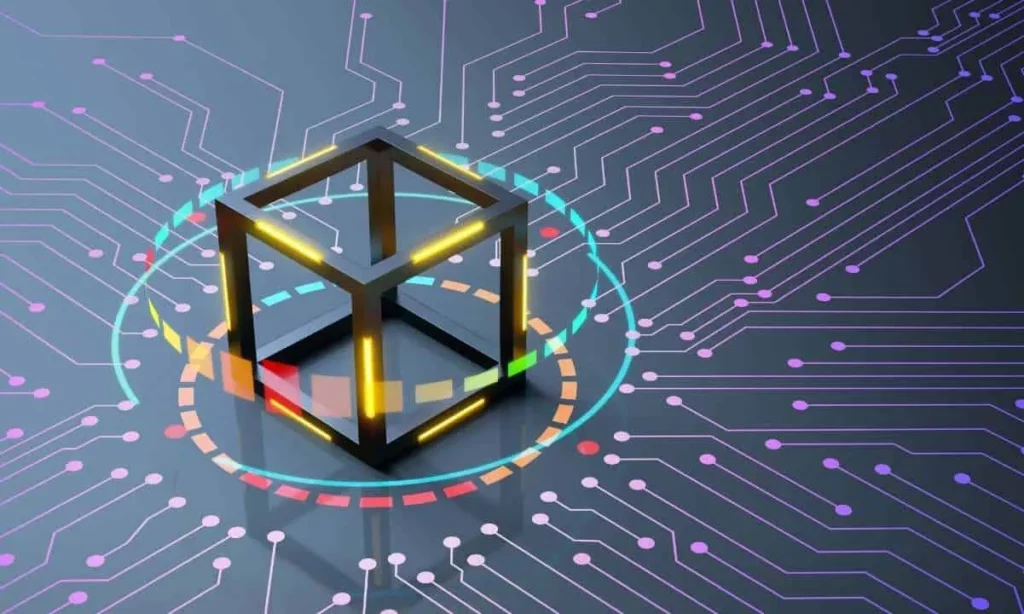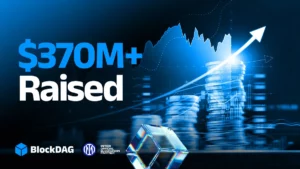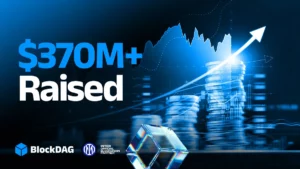
Behind the Scenes: The True Cost of MEVs for Blockchains
A recent report by Flashbots has shed new light on the impact of Maximum Extractable Value (MEV) on blockchain scalability, revealing a staggering reality. According to the research, MEV’s insidious nature is silently devouring scaling gains on high-throughput chains like Solana and Ethereum Layer-2s (L2s), rendering increased capacity useless due to malicious bots consuming most of the available blockspace.
The data suggests that these high-frequency arbitrage bots are responsible for a staggering 40% of Solana’s blockspace, despite only accounting for a paltry 7% of total fees. A similar trend is observed on Ethereum L2s like Base and OP mainnet, where MEV searchers devour over half of available gas while contributing a meager fraction of the overall transaction costs.
Flashbots’ findings paint a stark picture of how MEV-driven spam auctions are fundamentally undermining blockchain growth. The phenomenon arises from private mempools, which aim to protect their users by concealing real-time order flows, leaving MEV searchers blind to genuine transactions. To remain competitive, these bots resort to deploying complex on-chain transactions, generating mountains of unnecessary computation waste when no profit exists.
The true cost of MEVs can be gauged from the example provided by researcher Bert Miller, who notes that a single successful two-hop arbitrage may require as much as 132 million gas in failed attempts. This staggering figure represents roughly the size of four Ethereum blocks per win. It is crucial to acknowledge that this dynamic prevents blockchains from efficiently scaling up throughput.
The report’s findings have led Flashbots to propose a solution. The organization suggests combining “programmable privacy” and explicit bidding for transaction priority as a means to shift competition away from brute-force spamming towards transparent, price-based auctions. In essence, the proposal aims to safeguard user data while fostering a more equitable environment where MEV searchers prioritize genuine transactions.
Notably, early experiments are already underway. The report mentions that Chainlink has introduced Smart Value Recapture (SVR), an innovation enabling DeFi applications to reclaim non-toxic MEV. Additionally, former Binance CEO Changpeng Zhao recently proposed using zero-knowledge proof technology in dark pools to counter the MEV menace.
It appears that the Ethereum community is on the cusp of a groundbreaking shift towards a more scalable and sustainable blockchain ecosystem.
Source: cryptopotato.com


